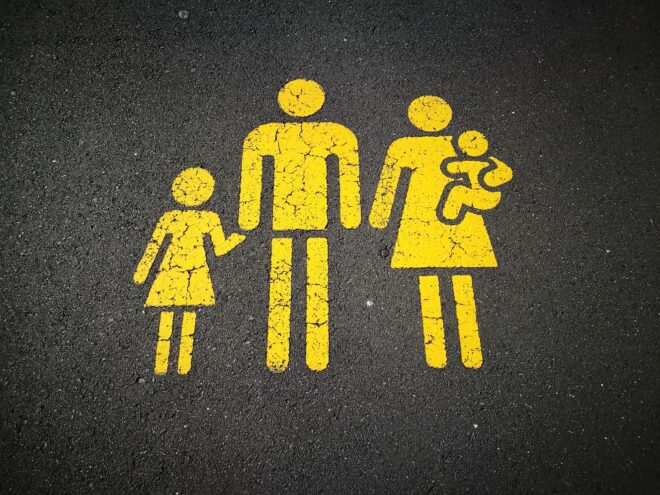Interdependence manifests itself in many different ways, and these are ten signs of how to recognize it most quickly in the family circle. Let's see why a dysfunctional family is a prerequisite for codependency.
V dysfunctional families children are often afraid to express their true feelings or needs, because they are afraid of the reaction of those who are considered the power structure - this is what we call codependency. This is the behavior that individuals had to develop in order to 'survive' or. in this case, avoid conflicts, often even physical punishment. Codependency can manifest itself in many different ways, depending on the severity and nature of the relationship. In the article Psychology Today and clinical social worker Kaytee Gillis, LCSW-BACS reveals who she encounters most often in her work.

10 signs of codependency - a dysfunctional family
#1 Everything revolves around one person's mood
A family is constantly concerned about the feelings and needs of one person. For example, everything in the family revolves around Mom's mood or Grandpa's drinking.

#2 Problems too big for us alone
You become concerned if one of your family members seems upset and try to figure out what to do to "fix" it. Instead of caring for a loved one, which is a normal reaction and usually age-appropriate, it often manifests itself in unhealthy ways. For example, a young child will worry about his father's problems that are too big for the child to solve or even understand.
#3 No one notices your feelings
Sometimes you feel resentful because no one seems to notice your feelings or care about your needs. This can lead to situations where codependent people become so stressed that they put their own needs aside. This, in turn, can lead to episodes of frustration, feelings of depression and anxiety, and even moments of anger.

#4 You have no opinion of your own
You spend so much time worrying about the needs of the rest of the family that you don't know if you can even recognize your own feelings or thoughts. When asked for an opinion on something, you often say "I don't know" and look for answers from others.
#5 Feelings of guilt
You feel guilty about expressing needs or feelings because you worry about what others will think and whether they will be angry with you. This is usually seen in adults from dysfunctional families who have been raised to expect love and affection as conditional.

#6 Overload
You experience extreme symptoms of anxiety or depression at the thought that a parent or family member is angry with you. These negative feelings can keep you up at night or mess up at work.
#7 Behavior control
The family feels the need to "fix" or control one member's behavior, such as addiction or mental illness. An example of this is when the whole family spends the day worrying if Grandpa's needs are being met, he looks too deeply into the jar.
#8 Fear of rejection
Constant feelings or worries of abandonment and rejection are present.

#9 You don't distance yourself from the bad
There has been abuse in the family (either physical or emotional) but you are still under pressure to support the one who harmed you. This can be external pressure, in the form of family members, or internal, in the form of guilt.
#10 Walking on 'eggs'
There is a feeling of "walking on eggshells" in the vicinity of one of the family members, especially when he is upset.






